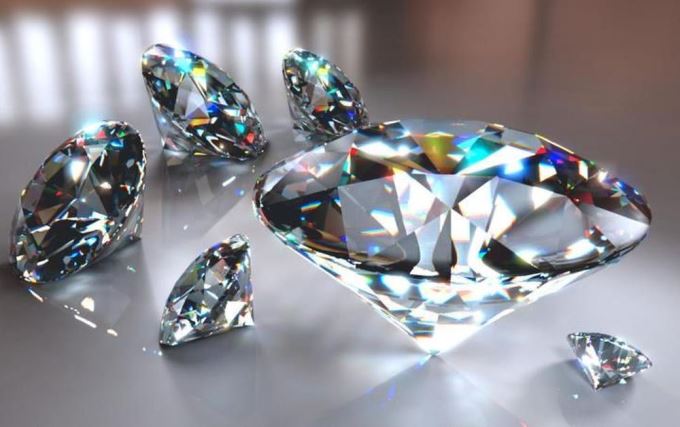Western countries are preparing an embargo against russian diamonds
However, the restrictions will be introduced gradually to cut off all the bypass channels for supplies

Western countries want to cut off another source of large export revenues for russia – the sale of diamonds. Currently, the G7 countries intend to join the United States, which has already imposed sanctions on Alrosa to limit russia's diamond revenues.
Source. This was reported by the Financial Times.
The goal of the G7 is to create an effective international mechanism for tracking diamonds of russian origin in order to limit the possibilities of circumventing sanctions.
In this case, the European Union will be able to impose a diamond embargo, which will be accepted by one of the largest jewelry centers in the world – Belgium, which now fears that sanctions will simply lead to the redirection of trade flows to non-Western countries, the newspaper notes. In addition, the United States may strengthen its sanctions.
If a working scheme is established, customs in Western countries will require a certificate of origin for diamonds.
Currently, many stones are described as Indian because they are subjected to "substantial processing" in the form of polishing or cutting in India, which accounts for more than 90% of the world's diamonds. However, the G7 intends to seek full identification.
In the case of russian products, this is particularly difficult because Alrosa mainly supplies small stones. Nevertheless, rough diamond exports from russia amounted to $4 billion in 2021.
The main goal of Western sanctions is to reduce revenues to the russian budget, which finances military actions against Ukraine.
A certification system for some diamonds already exists under the Kimberley Process, a UN-approved scheme to prevent "blood diamonds" from entering the market, which are illegally mined in Africa and used to finance anti-government armed conflicts. But in this case, customs only requires a state certificate confirming that the diamonds meet the requirements of the Kimberley Process.
In addition, there are certification systems for larger and more expensive stones, such as De Beers. But it will be difficult to identify and track the many small stones supplied by russia.
"With small stones, it's impossible, period," Russell Mehta, managing director of diamond dealer Rosy Blue India, told the FT.
Rosy Blue itself has simply stopped buying diamonds from Alrosa to avoid problems with customers.
A technical solution is currently being developed by Spacecode: its equipment tries to identify the geographical origin of a diamond and apply nanograffiti. However, the technology is still far from being massively deployed: the company will be able to present a prototype device only at the end of this year or early next year. Therefore, a transition period will be needed after the introduction of the diamond embargo, European officials say.
If you have read this article to the end, we hope that means it was useful for you.
We work to ensure that our journalistic and analytical work is of high quality, and we strive to perform it as competently as possible. This also requires financial independence. Support us for only UAH 196 per month.
Become a Mind subscriber for just USD 5 per month and support the development of independent business journalism!
You can unsubscribe at any time in your LIQPAY account or by sending us an email: [email protected]



